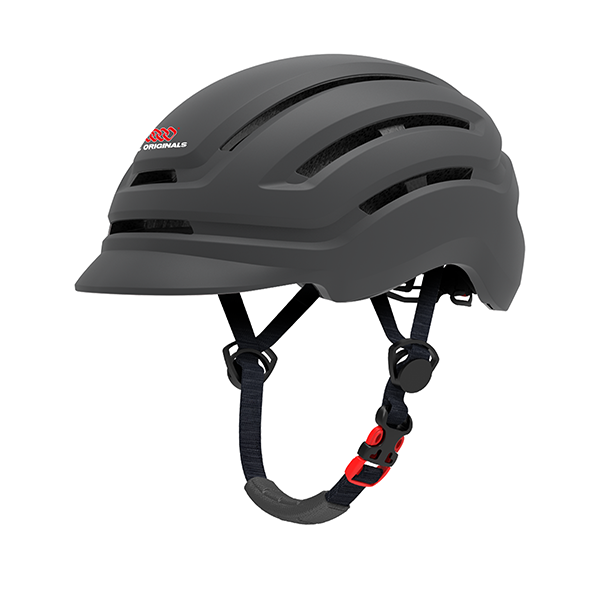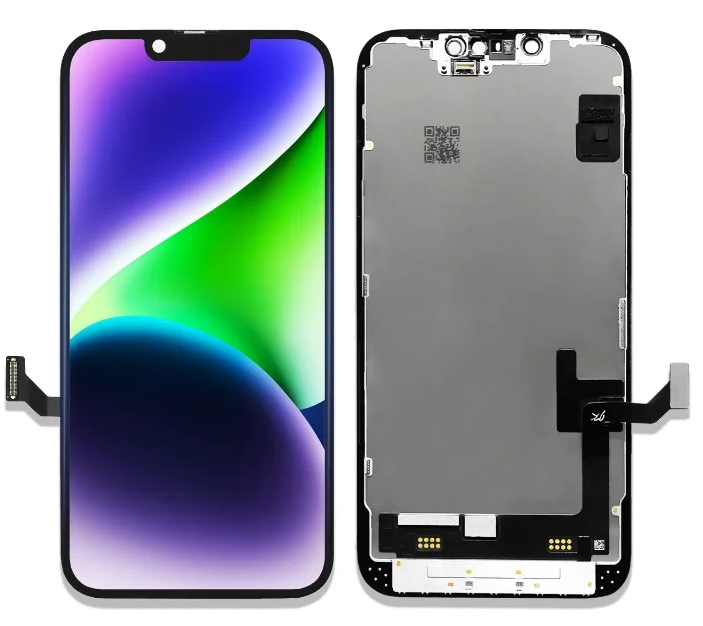In the intricate world of electronics, where circuits breathe life into gadgets and devices, the role of soldering wire cannot be overstated. It's the unsung hero that binds components together, ensuring signals flow seamlessly and innovations come to life. But with a myriad of soldering wires available on the market, navigating through the options to find what is the best soldering wire for electronics can be daunting. This blog post dives deep into the nuances of soldering wire selection, offering insights that cater to both hobbyists and professionals alike.
Understanding the Basics: What is Soldering Wire?
Soldering wire, or solder, is a metal alloy typically comprising tin (Sn) and lead (Pb), although lead-free alternatives (often with tin, silver, and copper combinations) have gained prominence due to environmental concerns. It melts at a relatively low temperature, allowing it to bond metallic surfaces together when heated. For electronics, the choice of soldering wire is crucial as it directly impacts the electrical conductivity, mechanical strength, and corrosion resistance of the joints.
Evaluating the Criteria: What Makes a Soldering Wire 'Best'?
When seeking the optimal soldering wire for electronics, several factors must be considered:
- Composition: Lead-free solders (e.g., Sn99.3Cu0.7, SnAgCu alloys) are favored for their environmental friendliness and compliance with RoHS (Restriction of Hazardous Substances) directives. However, lead-based solders (e.g., Sn60Pb40) are still used in some applications due to their superior wettability and lower melting point.
- Diameter and Flux Content: Solder wires come in various diameters, ranging from ultra-fine 0.3mm for delicate work to thicker 2.0mm for heavy-duty applications. Flux, which aids in removing oxides and promoting clean joints, can be either rosin-cored (for general use) or acid-cored (for difficult-to-solder surfaces). Rosin-cored solders are preferred for electronics due to their minimal corrosiveness.
- Melting Point: Lower melting point solders are easier to work with but may compromise strength. Higher melting point solders offer better thermal stability but require more energy to melt.
- Application-Specific Needs: Factors like the size of the components, the thermal sensitivity of nearby materials, and the desired electrical properties all influence the choice of soldering wire.
The Elite Contenders: Top Soldering Wires for Electronics
Now, let's delve into some of the best soldering wires tailored for electronics projects:
- Kester 44 Rosin Core Solder (Sn63Pb37): A classic choice for its balance of wettability and strength, this lead-based solder is ideal for general electronics assembly. The rosin flux ensures clean, residue-free joints.
- Alpha Metals AMTECH 63/37 Rosin Core Solder (Sn63Pb37): Known for its high electrical conductivity and smooth flow, this wire is excellent for both through-hole and surface mount soldering. Its rosin flux formula is designed to minimize smoke and odor.
- MG Chemicals Lead-Free Solder (Sn99.3Cu0.7): Perfect for RoHS-compliant projects, this lead-free solder offers reliable performance with good wettability and mechanical strength. Suitable for fine-pitch soldering and sensitive electronics.
- Multicore Solder Lead-Free Rosin Core (SnAgCu): This high-performance alloy combines silver and copper with tin, providing excellent thermal fatigue resistance and strength. Ideal for high-reliability applications like automotive electronics and aerospace components.
- Hakko FM-201 Rosin Core Solder (Sn60Pb40): Another reliable lead-based option, this solder is appreciated for its smooth application and consistent joints. Suitable for both hobbyists and professionals working on a variety of electronic projects.
Practical Tips for Optimal Use
- Storage: Keep soldering wire in a dry, cool place to prevent flux degradation.
- Temperature Control: Use a soldering iron with adjustable temperature settings tailored to the melting point of your chosen solder.
- Technique: Practice good soldering technique, including heating the component pads rather than the solder wire directly, to ensure strong, void-free joints.
- Post-Soldering Care: Clean flux residues promptly using isopropyl alcohol to prevent corrosion.
Conclusion: A Wise Choice Leads to Robust Electronics
In the quest for the best soldering wire for electronics, the answer isn't one-size-fits-all. It depends on the specific needs of your project, compliance requirements, and personal preference. By considering the composition, diameter, flux content, melting point, and application-specific needs, you can make an informed decision that ensures reliable, high-quality soldering joints. The aforementioned elite contenders offer a solid starting point, but ultimately, the best soldering wire is the one that aligns seamlessly with your electronic creation journey. Happy soldering!



